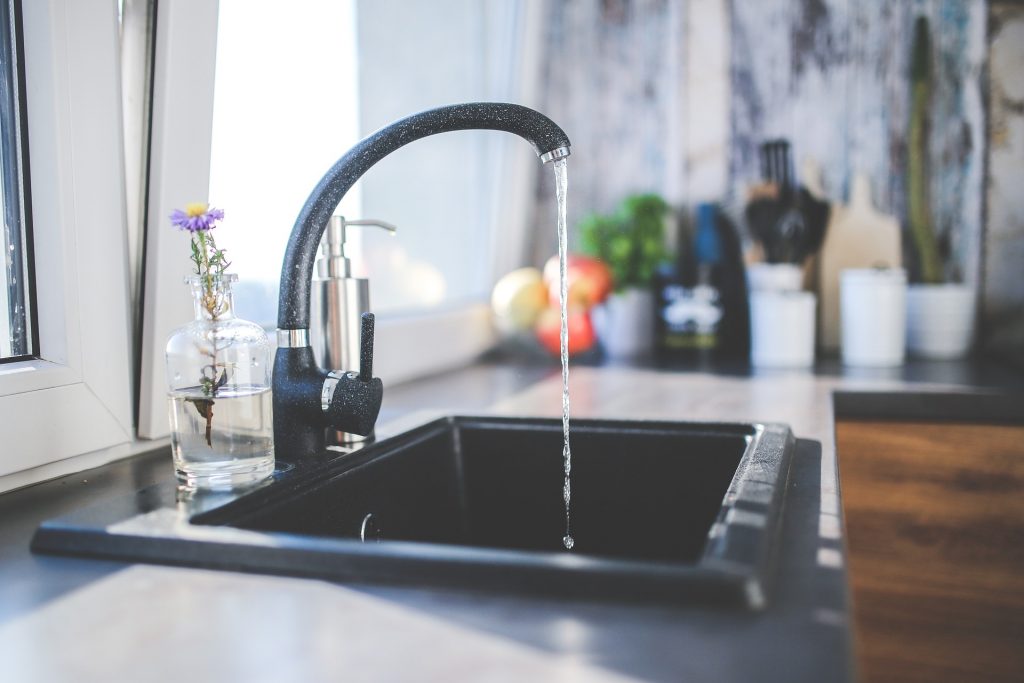
Innovations in Water Conservation: Transforming the Future of Sustainability
Share
In a world where water scarcity is an escalating concern, innovations in water conservation have become imperative. As technology professionals and enthusiasts, it is crucial to understand how these advancements are reshaping the future of water management. From smart irrigation systems to advanced filtration technologies, the role of technology in conserving our most precious resource cannot be overstated.
Water conservation is not just about reducing usage; its about maximizing efficiency and sustainability. The integration of technology into water management practices has opened up new avenues for innovation. In this article, we will explore the latest innovations in water conservation and their impact on global sustainability efforts.

Smart Irrigation Systems: The Future of Agricultural Efficiency
One of the most significant innovations in water conservation is the development of smart irrigation systems. These systems leverage IoT technology to optimize water usage in agriculture, ensuring that crops receive just the right amount of water. By using sensors and data analytics, smart irrigation systems can monitor soil moisture levels, weather conditions, and plant health, adjusting water delivery accordingly.
The implementation of smart irrigation systems has led to a significant reduction in water wastage. According to a recent study, these systems can reduce water usage by up to 30%, making them a vital tool in addressing water scarcity. Learn more about water management for agriculture.
Advanced Filtration Technologies: Ensuring Clean Water Access
Another groundbreaking development in water conservation is the advent of advanced filtration technologies. These technologies are designed to purify water at a micro level, removing contaminants and ensuring safe drinking water. From reverse osmosis systems to nanofiltration, these innovations are crucial in providing clean water access to communities worldwide.
Advanced filtration technologies also play a vital role in industrial water management. Industries can recycle and reuse water, significantly reducing their overall water consumption. This not only conserves water but also reduces operational costs. Discover more about best practices in water management.
Rainwater Harvesting Systems: Capturing Nature's Gift
Rainwater harvesting is an age-old practice that has been revitalized with modern technology. Innovative rainwater harvesting systems are designed to capture and store rainwater, making it available for use during dry periods. These systems are equipped with sensors and automation tools that enhance their efficiency and effectiveness.
By capturing rainwater, these systems help reduce the demand on traditional water sources, providing an alternative supply during droughts. The implementation of rainwater harvesting systems is particularly beneficial in urban areas where water scarcity is a growing concern. Explore more about solutions for water scarcity in cities.
Greywater Recycling: A Sustainable Approach
Greywater recycling is another innovative approach to water conservation. This process involves treating and reusing wastewater from sinks, showers, and washing machines. By recycling greywater, households and businesses can significantly reduce their water consumption, supporting sustainability efforts.
Greywater recycling systems are equipped with advanced filtration technologies that ensure the treated water is safe for non-potable uses, such as irrigation and toilet flushing. This not only conserves water but also reduces the burden on sewage systems. For further insights, check out these ways to conserve water.
Smart Water Grids: Revolutionizing Urban Water Management
In urban areas, smart water grids are transforming how water is distributed and used. These grids utilize IoT devices and data analytics to monitor and manage water distribution networks in real-time. By detecting leaks, optimizing flow rates, and predicting maintenance needs, smart water grids significantly enhance the efficiency of urban water management.
Smart water grids not only help in conserving water but also improve the reliability and quality of water services. As cities continue to grow, the adoption of smart water grids will be crucial in ensuring sustainable water management. Discover more about reasons for water conservation.
Conclusion: The Role of Technology in Water Conservation
The innovations in water conservation discussed in this article highlight the transformative role of technology in addressing global water challenges. From smart irrigation systems to advanced filtration technologies, these advancements are paving the way for a more sustainable future.
As technology professionals and enthusiasts, it is vital to support and promote these innovations to ensure the efficient and sustainable use of water resources. By embracing these technologies, we can contribute to a world where water scarcity is a challenge of the past.

FAQs
Q1: How do smart irrigation systems work?
A1: Smart irrigation systems use IoT technology to optimize water usage in agriculture. They monitor soil moisture levels, weather conditions, and plant health, adjusting water delivery accordingly to reduce water wastage.
Q2: What are the benefits of greywater recycling?
A2: Greywater recycling reduces water consumption by treating and reusing wastewater for non-potable uses. It supports sustainability efforts and reduces the burden on sewage systems.
Q3: How do smart water grids enhance urban water management?
A3: Smart water grids utilize IoT devices and data analytics to monitor and manage water distribution networks in real-time. They enhance efficiency by detecting leaks, optimizing flow rates, and predicting maintenance needs.
